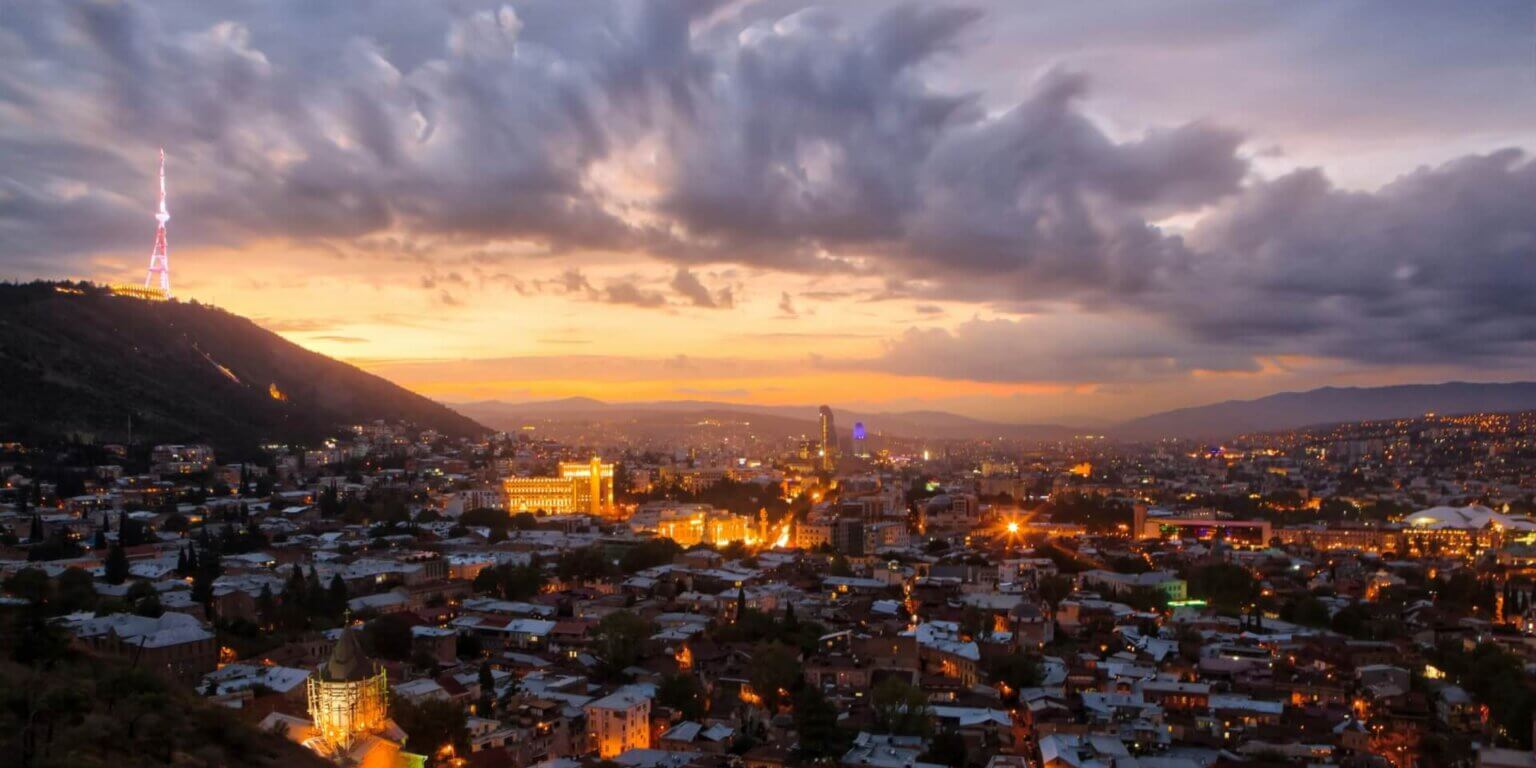At a glance
Who we are
We are an international NGO with a mission to act as the global voice for science to promote science as a global public good.
What we do
We catalyse and convene scientific expertise, advice and influence on issues of major concern to both science and society.
Membership
Our unique global membership brings together 250 diverse organizations from all fields of science and all regions of the world.
Latest View all
 blog
blog
WorldFAIR: Continuing to transform data to tackle complex challenges in a follow-up project
Learn more Learn more about WorldFAIR: Continuing to transform data to tackle complex challenges in a follow-up project blog
blog
‘Science in action’ on display at the 2024 Science Day
Learn more Learn more about ‘Science in action’ on display at the 2024 Science Day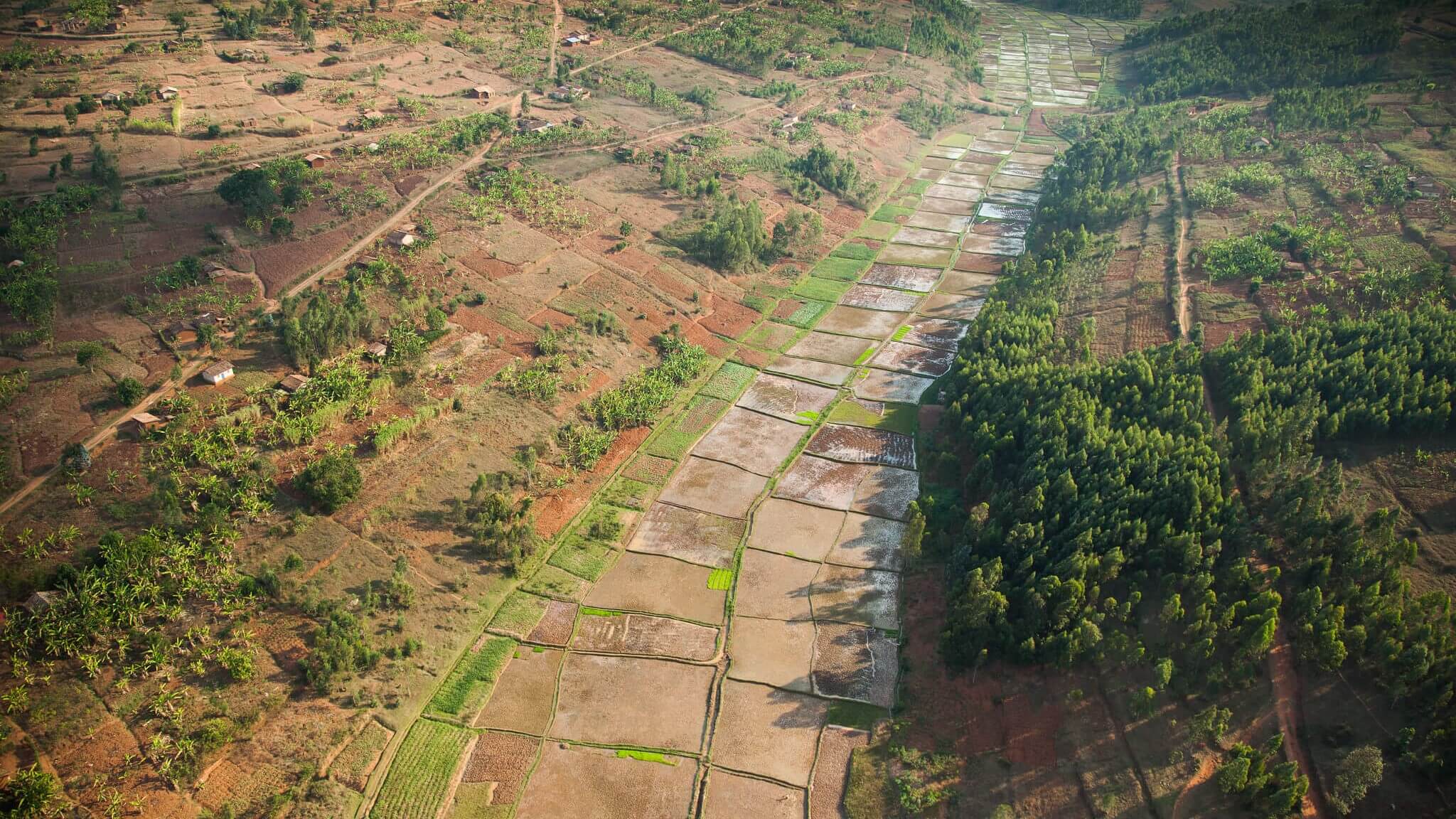 blog
blog
Science-driven strategy to balance food security with public health in Rwanda
Learn more Learn more about Science-driven strategy to balance food security with public health in RwandaEvents View all
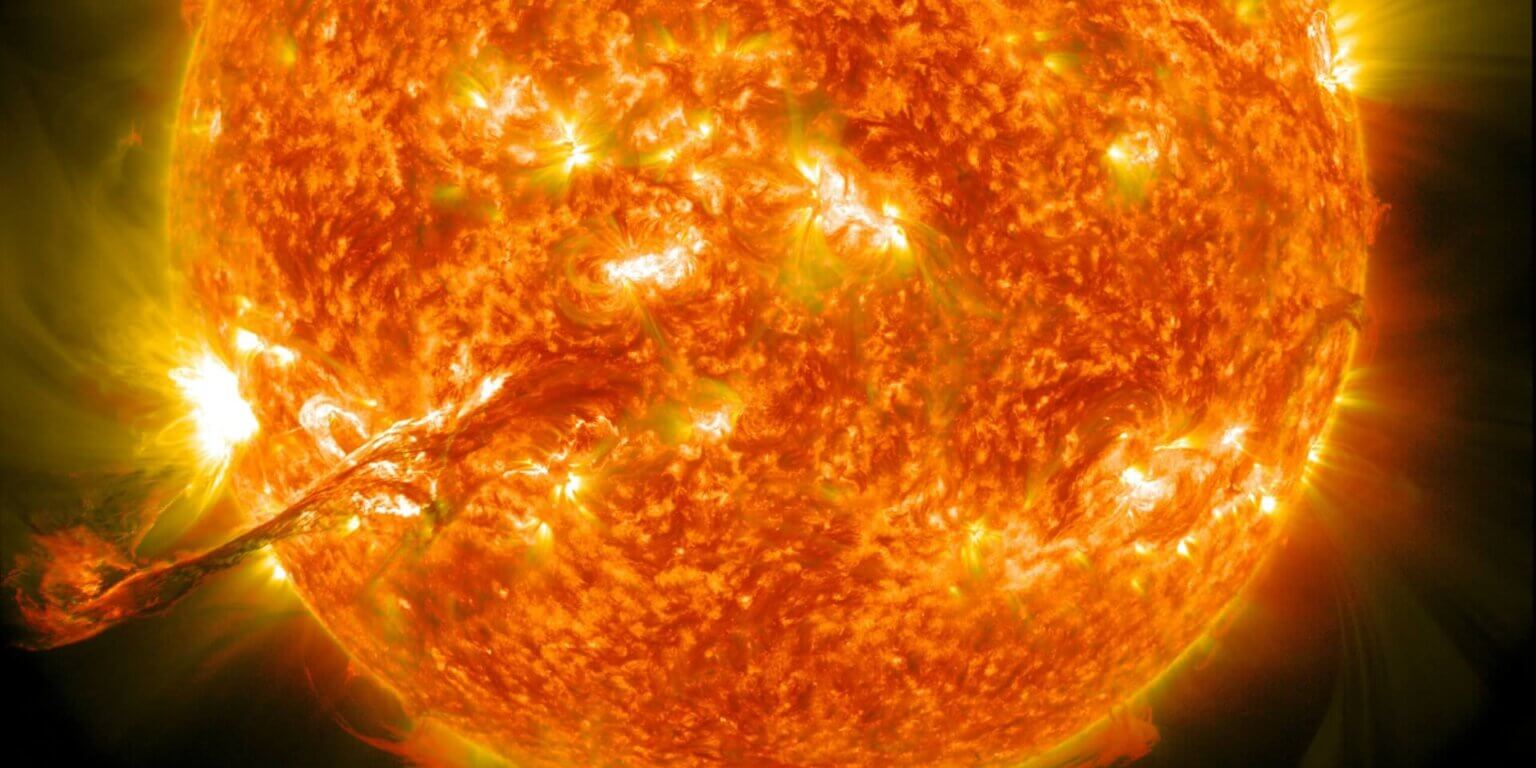 events
events
SCOSTEP Fellow Award Ceremony and 22nd SCOSTEP/PRESTO online seminar “Space Weather Consequences of a Weak”
Learn more Learn more about SCOSTEP Fellow Award Ceremony and 22nd SCOSTEP/PRESTO online seminar “Space Weather Consequences of a Weak” events
events
Caribbean Academy of Sciences regional webinar: Sprinting to Greatness – Talent Management Lessons from Athletics
Learn more Learn more about Caribbean Academy of Sciences regional webinar: Sprinting to Greatness – Talent Management Lessons from Athletics events
events
International Summer School Program on Climate Change and Related Risks
Learn more Learn more about International Summer School Program on Climate Change and Related RisksPublications View all
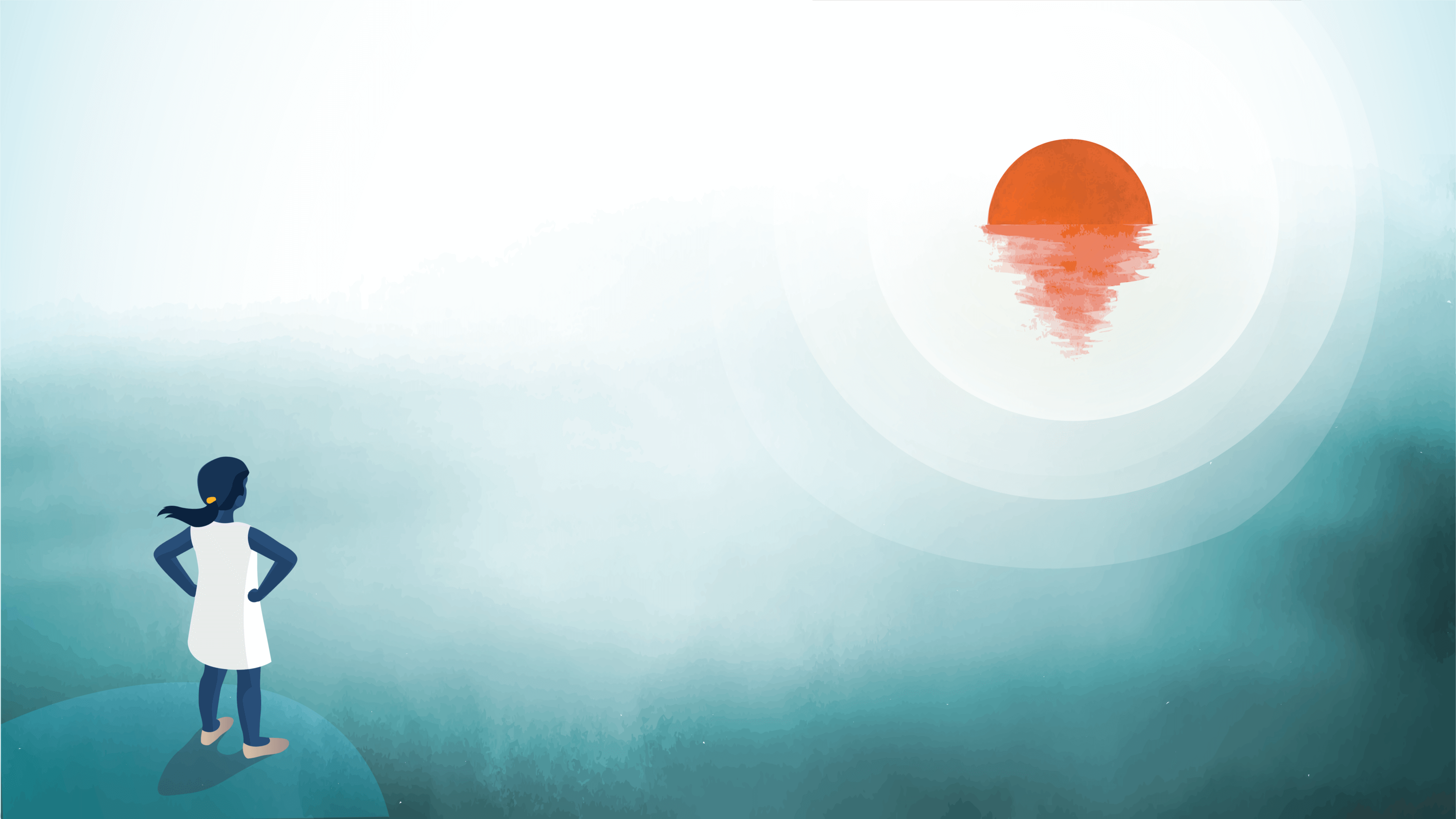 publications
publications
Navigating new horizons – A global foresight report on planetary health and human wellbeing
Learn more Learn more about Navigating new horizons – A global foresight report on planetary health and human wellbeing publications
publications
Synthesis of the Transformations to Sustainability programme
Learn more Learn more about Synthesis of the Transformations to Sustainability programme publications
publications
Annual Report 2023
Learn more Learn more about Annual Report 2023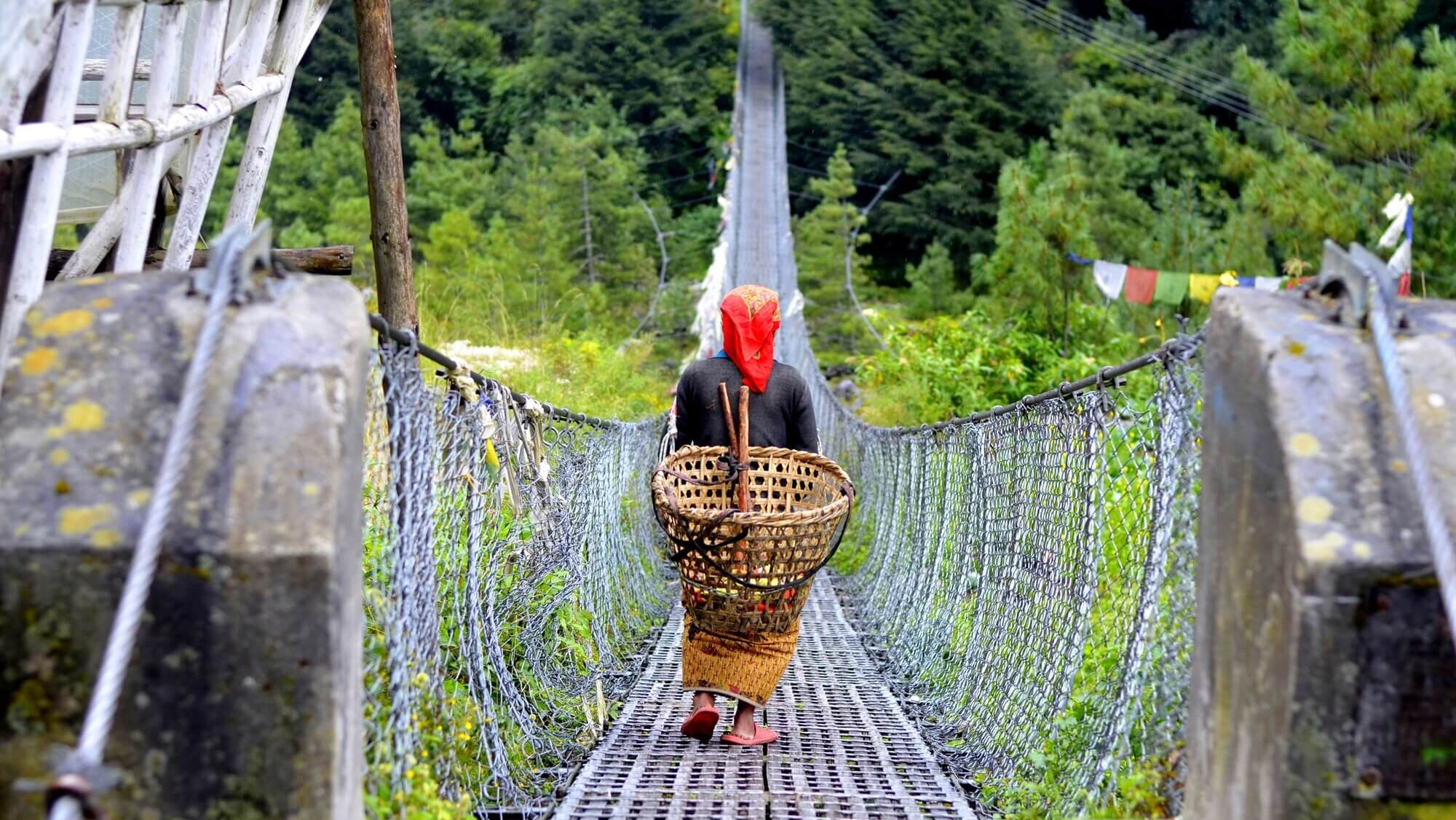 publications
publications
From science to action: Leveraging scientific knowledge and solutions for advancing sustainable and resilient development
Learn more Learn more about From science to action: Leveraging scientific knowledge and solutions for advancing sustainable and resilient development publications
publications
From Shores to Horizons: Empowering Science for the Future of Large Ocean States
Learn more Learn more about From Shores to Horizons: Empowering Science for the Future of Large Ocean States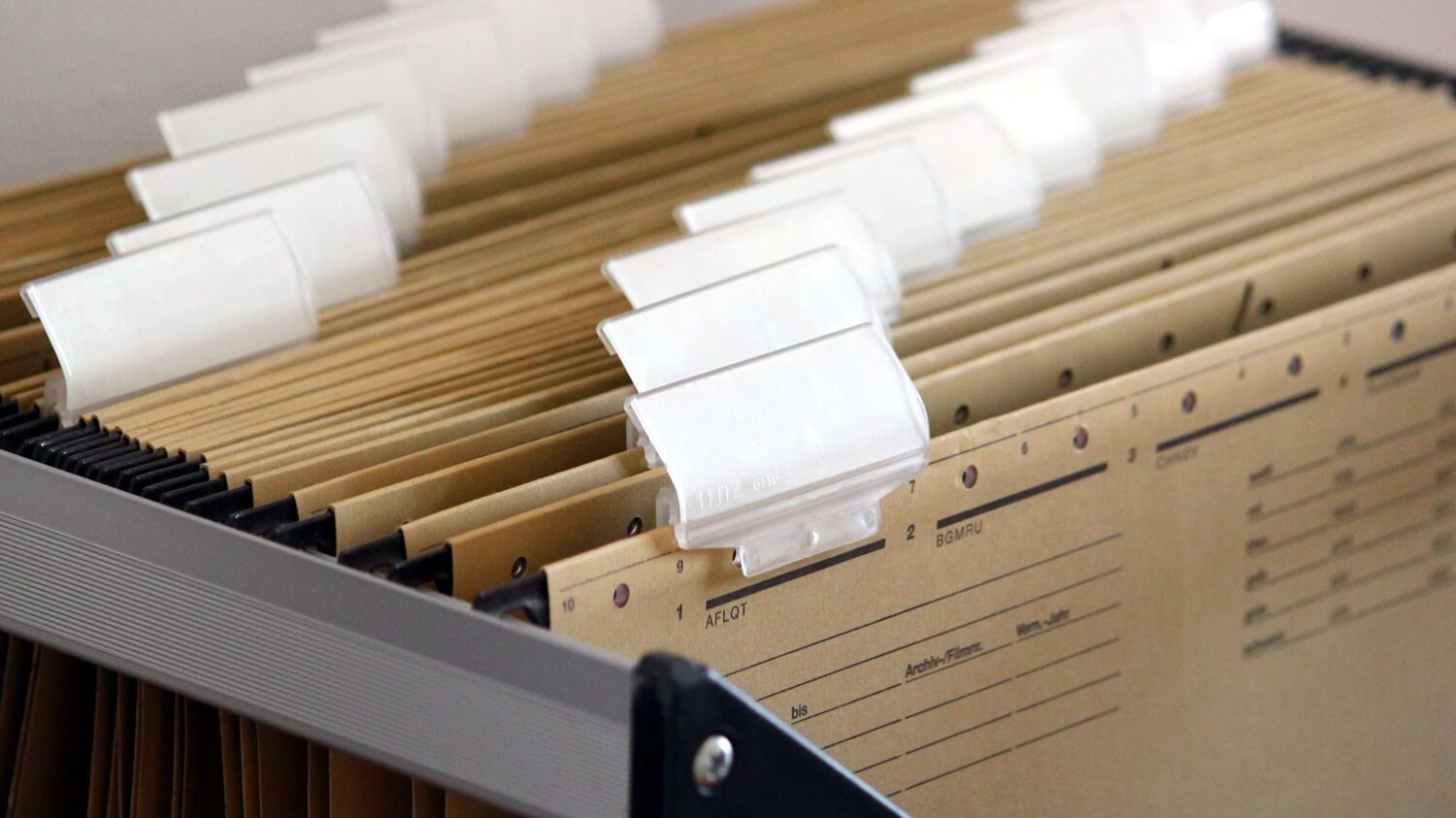 publications
publications


